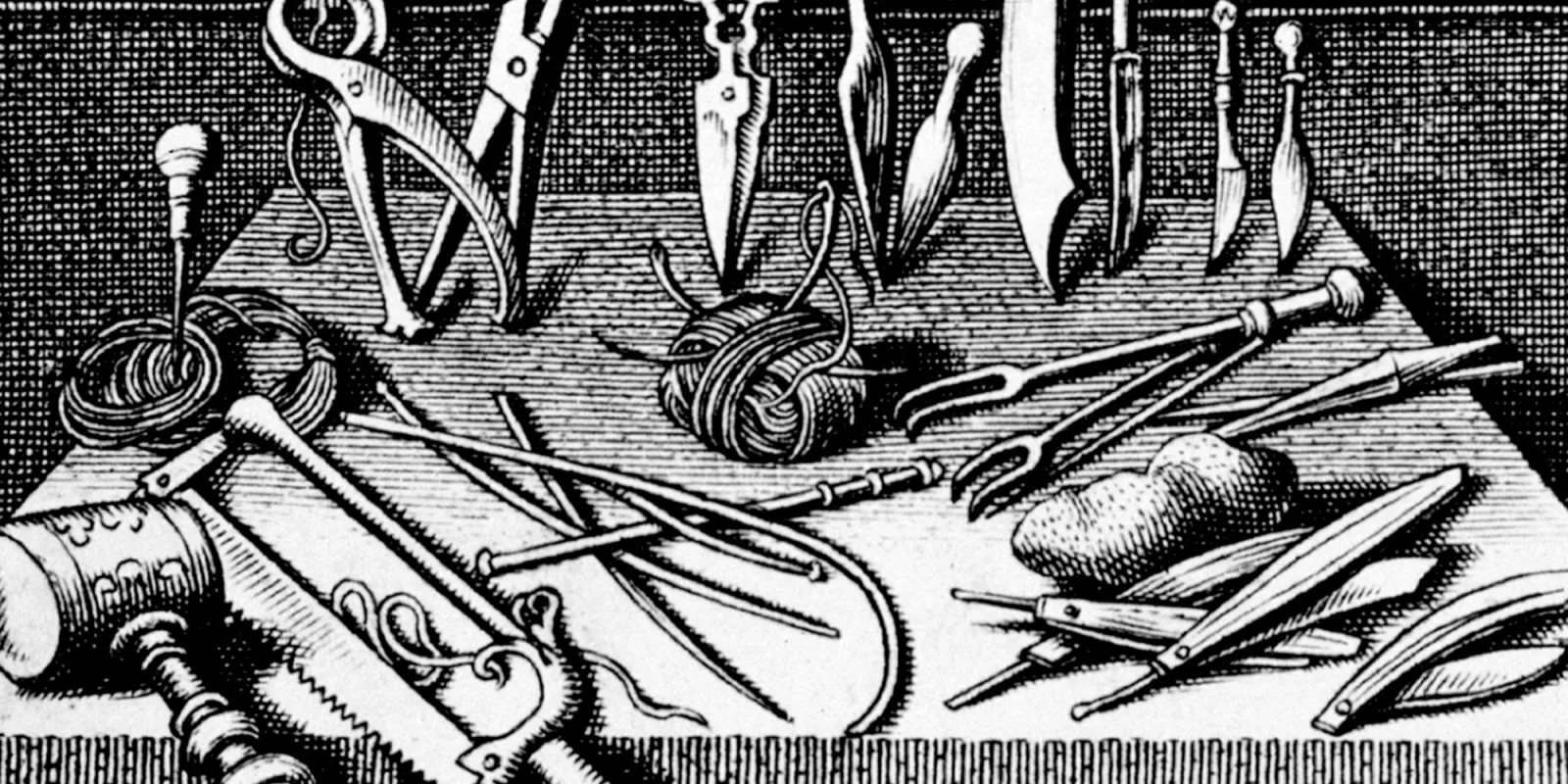
Late one evening, I received a text from my oldest daughter.

Wow. They play more provocative bar games now than they played when I was in my twenties.
I promptly texted back my knee-jerk response: "chemotherapy." As we are on the brink of precision medicine, what will the next generation think of our "slash, burn and poison" paradigm for cancer?
Her sister, a budding orthopedist, replied "open surgery." Indeed, with tinier and tinier incisions, and robotic surgery, our stem to stern scars will seem, if not sadistic, at a minimum unnecessary.
I don't yet consider myself old, or at least not very old, yet I learned to take out a gallbladder through a right upper quadrant incision. When I started practice, a female over twenty was likely to have that RUQ surgical footprint. For that matter, we don't see as many right lower quadrant scars anymore either. The new generation of surgeons are more familiar with scopes and robotics than they are Deaver and Balfour retractors.
The question can be reversed. What did we do fifty years ago? My father used to regale me with tales. He took care of soldiers who had been treated for their syphilis with injections of mercury. X-rays of their buttocks "lit up like a Christmas tree." Yes, mercury. Wait! Really? Only a generation ago? I had to look. My father graduated from medical school in 1942. Penicillin was introduced in 1943. Ok. Maybe he really did see those x-rays.
Will diabetics be treated not just with smart indwelling insulin pumps but with gene therapy to repair their pancreas? The notion of an insulin sliding scale will seem as absurd as Marie Curie working with radiation without shielding herself. Yes, radiation is a useful tool but how much damage was done before we learned to work used behind lead shields?
Our text conversation then darkened. Insurance, the entire scaffolding of our current care, will be seen as cruel. Perhaps that sentence does not need to be in the future tense. We all (Democrats, Republicans, Libertarians… I mean ALL of us) recognize that the current system is broken.
What about how we approach treatment of pain and addiction? The stigma is enormous. Access to treatment is either always difficult and often nonexistent. To find Harry Potter's Platform 9 ¾, you must be magical.
The first day of medical school is etched into my memory. Like so many other first-year students over the decades, we were told: "Fifty percent of what we teach you is wrong." The difficulty is that we don't know which fifty percent.
We can predict that some of our ministrations will be rapidly outdated. For now, the barbarianism is the best we have. Better to have a possibly effective shot of madness-producing mercury in your gluteus than to be told there is no treatment for your purulent dripping genital appendage.
Encourage the bright young minds. Share a beer with my daughter and her friends. Let's reflect on the past, and aim to brighten the future with humane and innovative treatments, renovations, configurations, organizations, and governance of healthcare.
Lisa Masson, MD, is a board-certified primary care physician in Los Angeles. Her passion for primary care motivated her to take on an active role in clinical informatics. She is a 2018–19 Doximity Author and a proud mother of three daughters.






